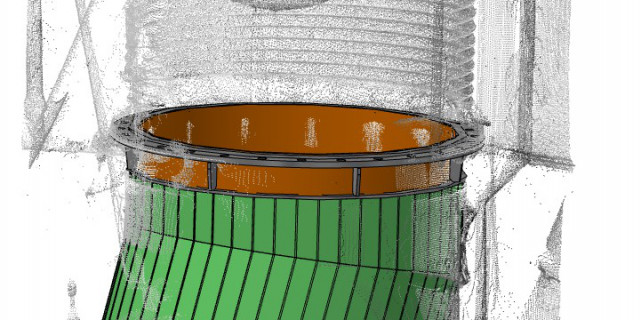
Table of contents
-
What can KSK Analysis, Planning, Design do for you in the area of concept engineering?
- Developing solutions.
- Planning security.
- Your point of contact
What can KSK Analysis, Planning, Design do for you in the area of concept engineering?
Developing solutions.
In plant engineering, well-thought-out planning is the key to success – especially for complex (water-cooled) plants and systems.
In most cases, the concepts and solutions we develop arise from a technical discussion on a sheet of paper or on a whiteboard. The first rough and analytical calculations usually show at this early stage whether a project is promising or technically unfeasible. Of course, it is still a long way to the finished solution.
We are happy to work with you to develop a concept that will help you take the first step in the right direction. A sound concept is essential to realizing your projects efficiently and sustainably. What can you expect from a concept?
- Holistic approach: We look at your project from every angle – from the initial idea to the final implementation. This is how we ensure that all aspects are optimally aligned.
- Innovative solutions: Take advantage of our expertise to integrate the latest technologies and methods into your water-cooled systems and maximize their efficiency.
- Risk minimization: Through precise planning and simulations, we identify potential challenges early on and develop risk-mitigation strategies.
- Cost overview: Get a rough overview of expected investment and, if applicable, operating costs as early as the design phase.
Planning security.
The challenges you face in your day-to-day work are diverse and time-consuming. The demands placed on a new project idea are huge. We are happy to help you achieve the necessary planning security and offer you the following services, among others:
- Feasibility studies for (water-cooled) systems, plants and components
- Design and simulation of system concepts
- Integration of sustainable technologies (e.g. waste heat recovery)
- Support with approval planning
Your point of contact
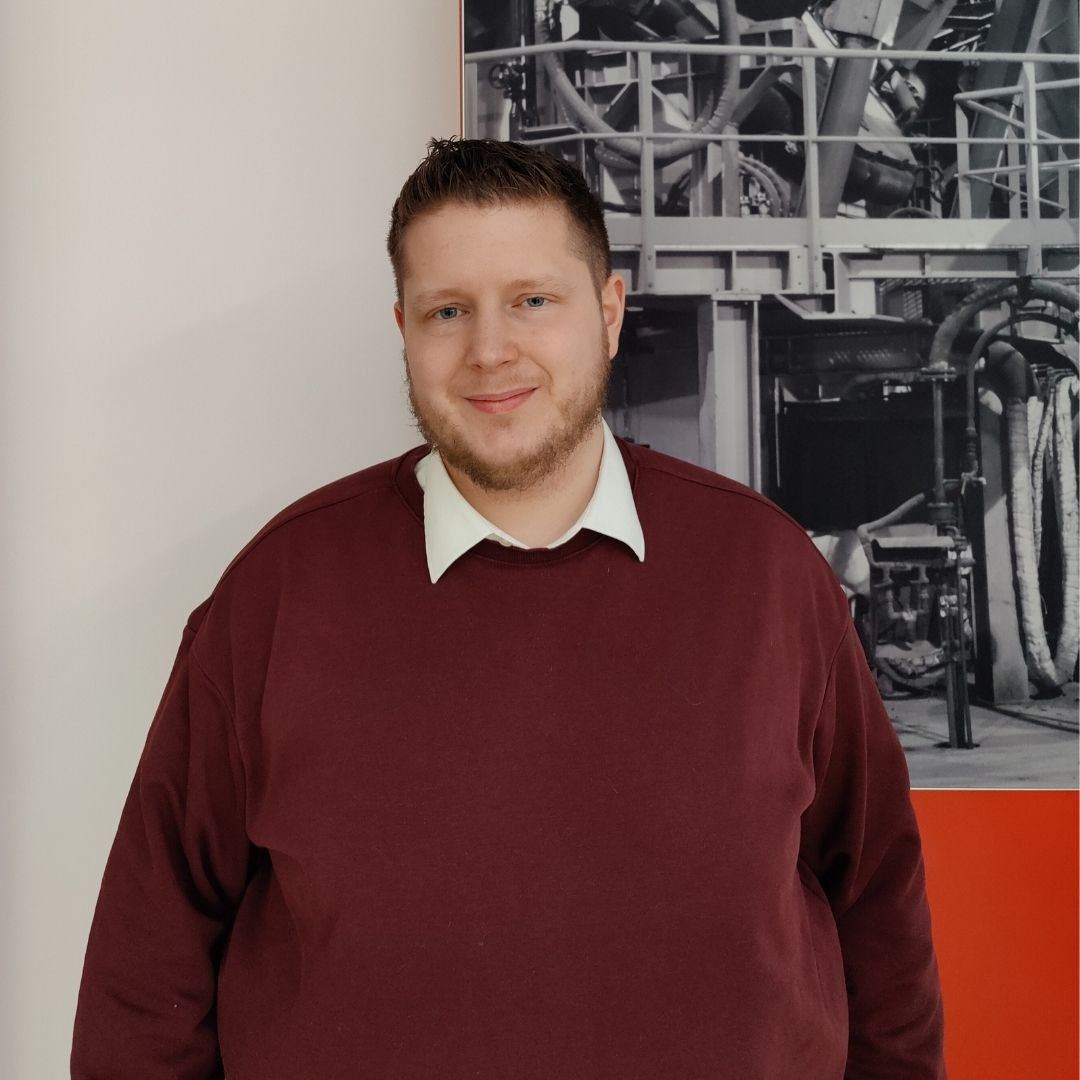
M.Sc. Björn Brüningk-Weißhar
Head of Engineering
+49 (0) 2364 60897 -20
What is concept engineering and how does it work?
Definition and basic principles of concept engineering
Concept engineering is a systematic approach to developing new products and technologies. It is based on the integration of ideas and concepts in the early phases of product development. The basic principles of this method include the precise analysis and design of concepts, supported by the use of software technologies and tools.
How is concept engineering different from other methods?
Compared to traditional product development methods, concept engineering offers an innovative approach that is characterized by its flexibility and efficiency. While traditional methods are often linear and time-consuming, concept engineering enables iterative development in which errors in the design process can be detected and corrected at an early stage. This is achieved by using modern software technologies and debugging prototypes that allow engineers to give free rein to their inventive spirit and develop creative solutions.
The role of concept engineering in modern product development
In today's fast-paced industry, concept engineering plays a crucial role in product development. Companies that rely on this method are able to develop new products more efficiently and cost-effectively. Through the precise construction of prototypes and the systematic analysis of concepts, companies can increase their competitiveness and bring innovative products to market. Concept engineering thus not only promotes technological advancement, but also the sustainable innovative strength of companies.

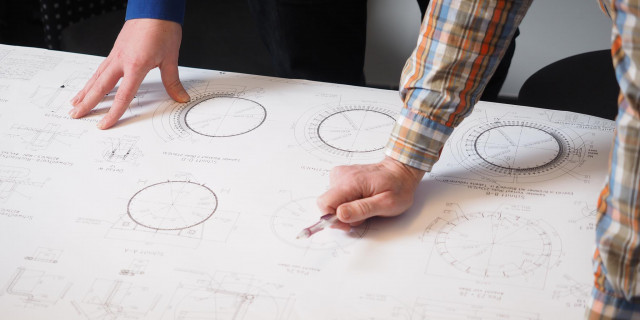
Analysis and advice
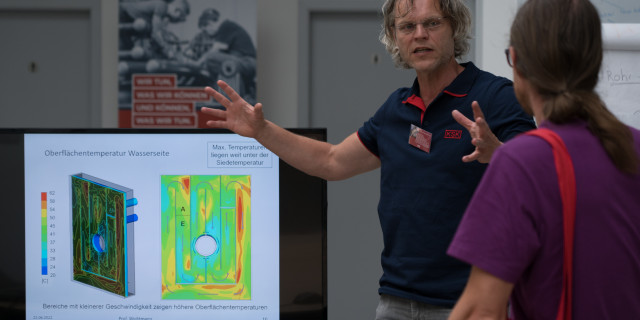
CFD Simulations
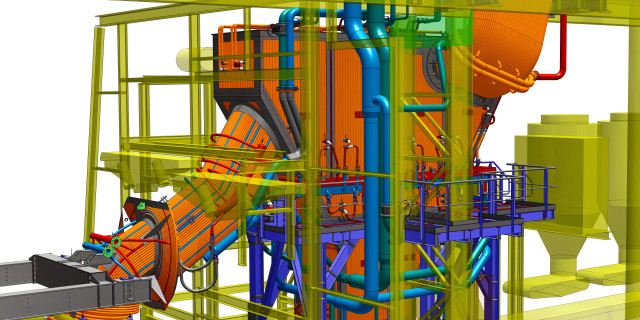
Conceptual Engineering

CFD Simulations
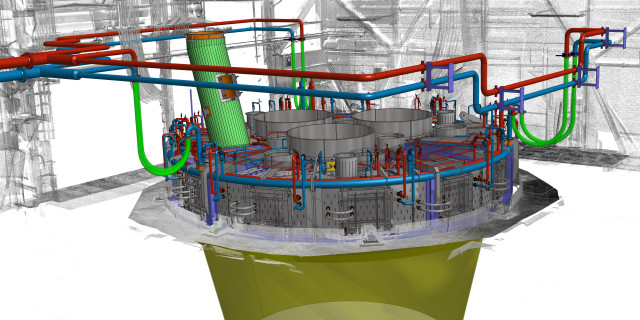
Konstruktionsbüro
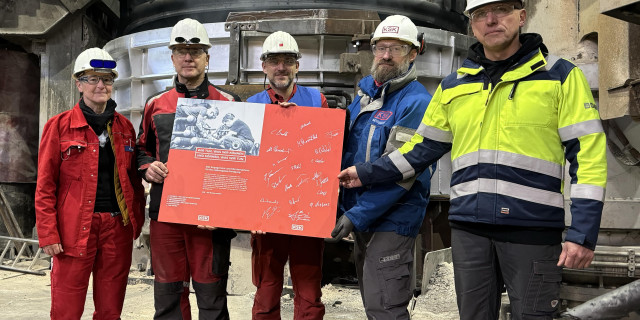
Inbetriebnahme von Anlagen

Project management
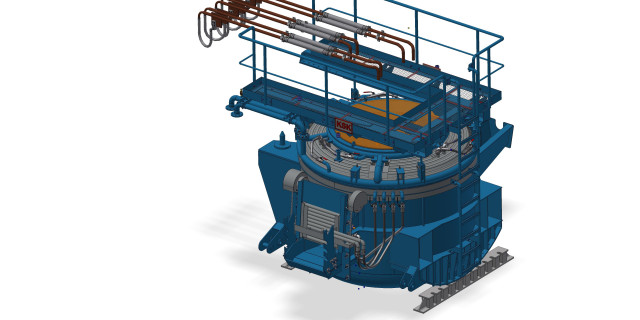
Reverse Engineering

Safety Engineering
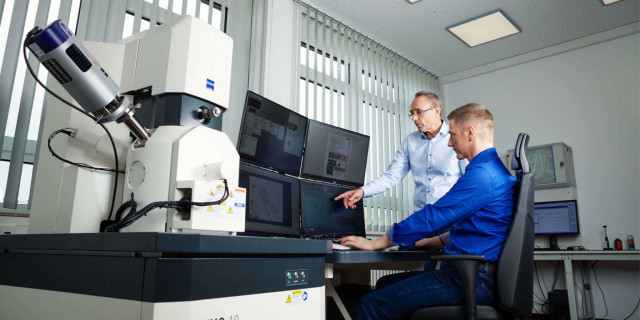
Damage analysis
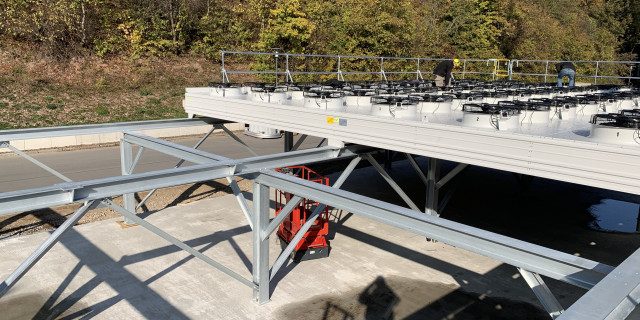
Stahlbau-Statik
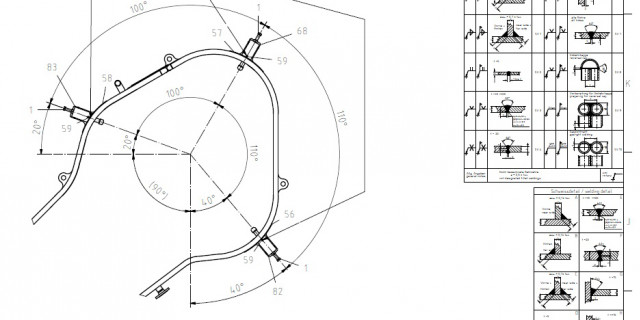
Technische Dokumentation
Table of contents
- Q: What is concept engineering and how can it be used in industry?
- Q: How can further training in the field of concept engineering be promoted?
- Q: How can I join KSK Analyse Planung Design if I am new to the industry?
- Q: What qualities are important for a career in concept engineering?
- Q: Are there any health aspects that should be considered in concept engineering?
Q: What is concept engineering and how can it be used in industry?
A: Concept engineering, in particular by companies such as KSK Analyse Planung Design, is an approach to developing ideas and creating new things. It is often used in mechanical engineering and in the design and product development. Concept engineering, in particular by companies such as KSK Analyse Planung Design. This approach makes it possible to systematically analyze complex requirements and design innovative solutions. Various methods and tools are used to optimize the development process and increase efficiency.
A central aspect of concept engineering is the close collaboration between different departments. Interdisciplinary teams work together to implement ideas, with creativity and technical expertise going hand in hand. This leads to a holistic view of the projects and makes it possible to consider challenges from different perspectives.
In addition, advanced technologies play a crucial role in concept engineering. The use of 3D modeling, simulations and prototyping tools makes it possible to quickly visualize and test concepts. This shortens development times and reduces the risk of misguided developments.
Another advantage of concept engineering is the ability to respond to customer and market requirements at an early stage. Iterative development processes allow products to be continuously improved and adapted to changing conditions. This increases competitiveness and promotes the innovative strength of companies.
Overall, concept engineering is an essential building block for the successful development of products and solutions. Companies like KSK Analyse Planung Design benefit from this approach by making their development processes more efficient and increasing their innovative strength.
Q: How can further training in the field of concept engineering be promoted?
A: Further training in concept engineering can be promoted by attending courses that prepare students precisely for industrial requirements. Such a course enables students to enter the industrial sector and specialize in topics such as statics and construction. In addition, these courses often also cover modern technologies and software tools that are of great importance in the industry. Participants have the opportunity to gain practical experience and apply their skills in realistic projects. In addition to the technical aspects, emphasis is also placed on developing soft skills, such as teamwork, communication and problem-solving abilities.
Successful completion of a concept engineering training program opens up a wide range of career opportunities for graduates. They can take on responsible positions in various industries, such as mechanical engineering, automotive or plant construction. Employers value the practical training and specialized knowledge that participants bring with them.
In addition, many of these training programs offer networking opportunities that enable participants to establish valuable contacts in the industry. These networks can prove useful later on, whether for sharing expertise or career opportunities.
Overall, continuing education in the field of concept engineering is a worthwhile investment in one's professional future. It not only provides a solid foundation in important engineering disciplines, but also promotes the personal and professional development of participants.
Q: How can I join KSK Analyse Planung Design if I am new to the industry?
A: If you are new to the industry, you can improve your chances of joining KSK Analyse Planung Design by taking targeted training and pursuing an M.Sc. degree in related fields. A Master of Science (M.Sc.) can not only provide you with deeper technical knowledge, but also strengthen your critical thinking and problem-solving skills. At KSK Analyse Planung Design, emphasis is placed on innovative approaches and in-depth expertise, so such a degree can significantly enhance your application documents.
In addition to academic qualifications, it is important to gain practical experience in the industry. Internships, working student positions or project work offer you the opportunity to gain valuable insights into the workings and specific requirements at KSK Analyse Planung Design. Network with industry professionals and attend relevant events and conferences to expand your contacts and find potential mentors.
In addition, you should familiarize yourself with the latest developments and technologies in your field. Participating in workshops, online courses, and webinars can help you stay up to date and continuously expand your knowledge.
Finally, it is important to develop your soft skills. Teamwork, communication, and adaptability are crucial skills in the modern workplace. By participating in group projects or volunteer activities, you can strengthen these skills and thus be better prepared for the challenges that you might face at KSK GmbH.
Q: What qualities are important for a career in concept engineering?
A: A career in concept engineering requires you to be conscientious, adhere to given dimensions with millimeter precision, and have a passion for creating new things and developing ideas. A career in concept engineering requires you to be conscientious, adhere to given dimensions with millimeter precision, and have a passion for creating new things and developing ideas. You must be able to find innovative solutions to complex technical problems and communicate your ideas effectively. Teamwork plays a crucial role, as you will often need to work with other engineers, designers and specialists from different disciplines to successfully complete projects.
A strong understanding of technical specifications and the ability to create and interpret technical drawings and models are also essential. Working with cutting-edge software and technologies, such as CAD programs and rapid prototyping tools, is often part of the daily workflow.
Alongside technical skills, creativity is an important aspect. You should be able to think outside the box and take unconventional approaches to develop innovative products and solutions. A good eye for aesthetics can also be an advantage, especially if you work in areas that require a combination of functionality and design.
A career in concept engineering offers the opportunity to work on exciting projects and make a significant contribution to the development of new products and technologies. Continuous learning and adapting to new trends and technologies are crucial to succeed in this dynamic field.
Q: Are there any health aspects that should be considered in concept engineering?
A: Yes, as in any industrial environment, it is important to pay attention to health and safety to ensure a safe working environment. Regular training and safety briefings are crucial to ensure that all employees are aware of potential hazards and the necessary safety measures. In addition, all machinery and equipment should be regularly maintained and inspected to prevent possible technical defects that could lead to accidents.
Implementing a comprehensive health and safety program that also incorporates attention to ergonomic factors can also help reduce work-related injuries or illnesses. It is important that managers and employees work together to foster a culture of safety in which reporting safety concerns is encouraged and respected.
Other measures include providing appropriate protective equipment, clearly labeling hazardous areas, and complying with all relevant legal requirements and standards. By creating a strong awareness of occupational safety, the risk of accidents can be minimized and the well-being of employees promoted.
